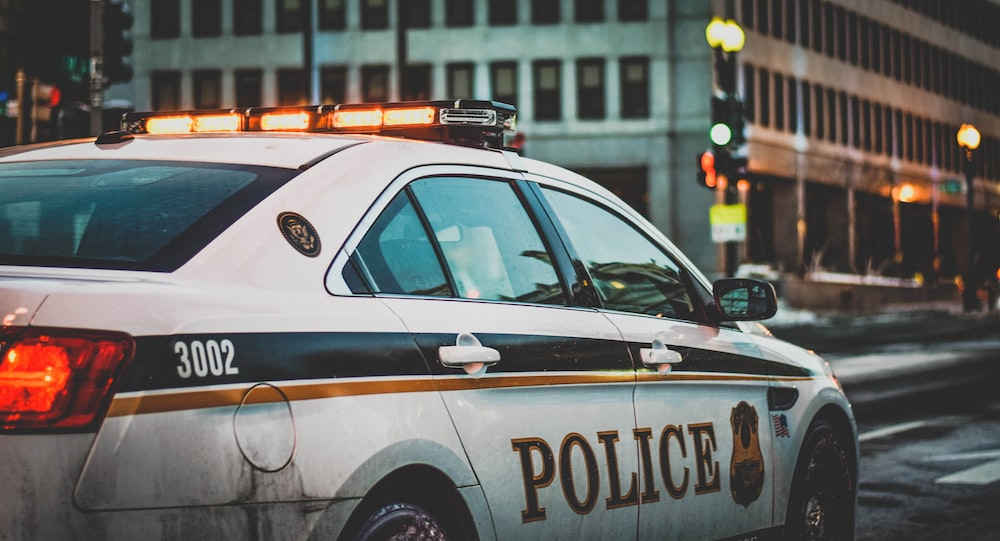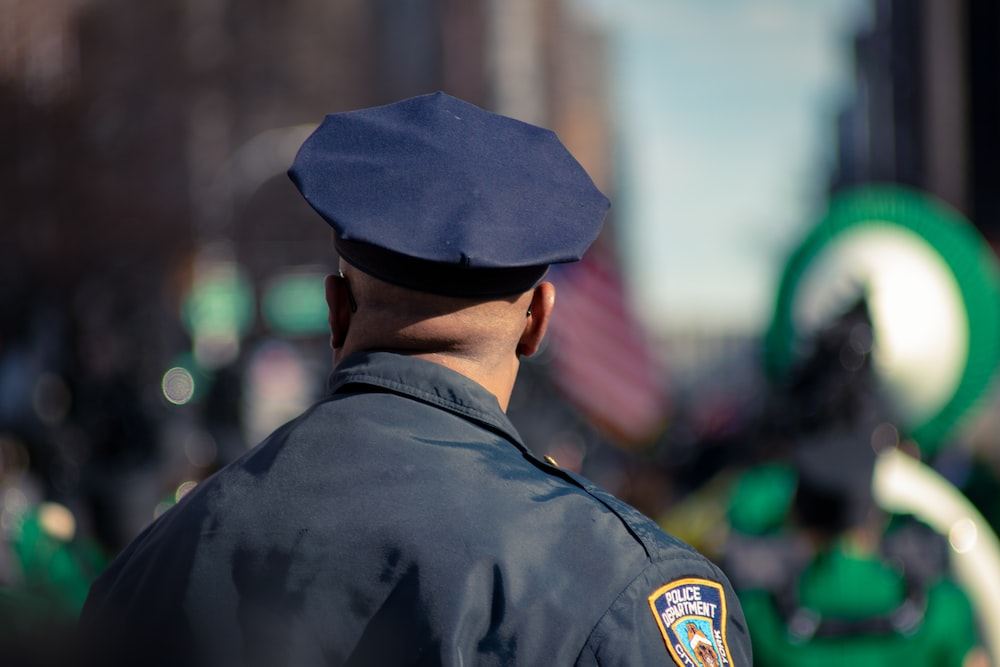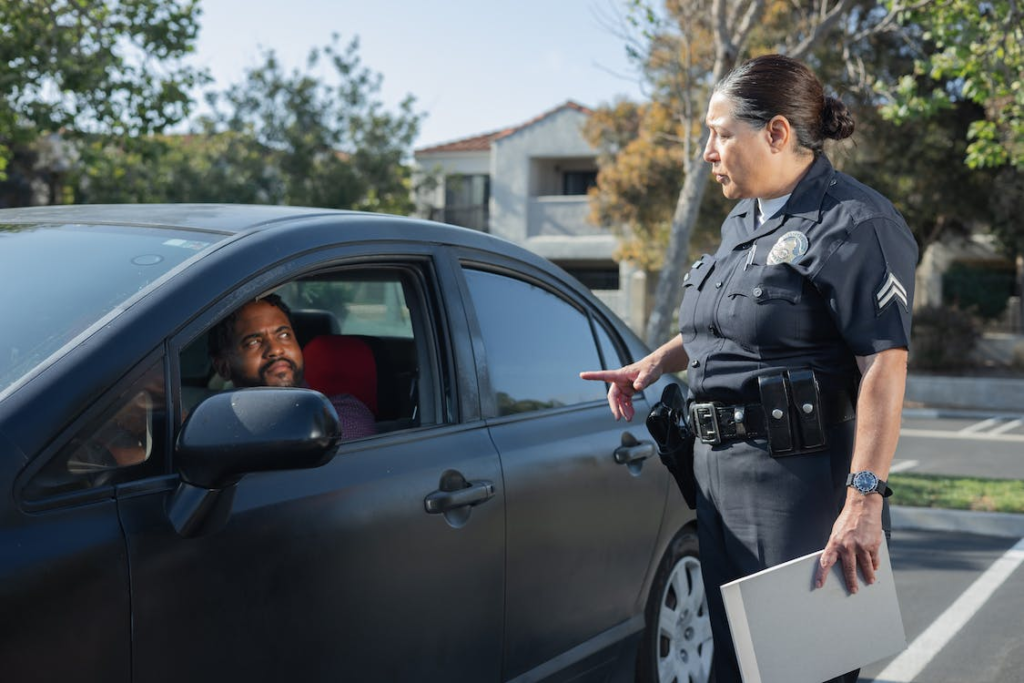
- admin
- October 5, 2022
- 7:52 am
- No Comments
7 Suffolk Police Officer Mistakes That You Should Avoid
Police officers are an important part of society, and there are over 800,000 sworn law enforcement officers in the US. They are responsible for ensuring order and peace and protecting the public.
When you start the job, you’ll work with a field training officer who will guide you at every step. However, once you’re on your own, you’ll be prone to making mistakes that can lead to many problems and even jeopardize people’s safety. Suffolk Police jobs are demanding, and everyone makes mistakes when they first start. Learning about some common mistakes of others before you will help you avoid them and try to stay out of trouble as much as possible.
At Civil Service Success, our police exam instructors are also former officers. They have prepared this guide using their experience so you don’t repeat the same mistakes.
Not Making Mental Health a Priority
Mental health is more important than everything else. Dealing with criminal cases and complex situations can drain you physically, emotionally, and mentally. Make sure you prioritize your mental health to give your best during the job. You can do this by taking time off whenever you can, spending time with loved ones, and using breathing exercises to stay calm during challenging situations. Don’t shy away from asking for professional help if things get too overwhelming.
Over-Confidence
Serving the community and ensuring people’s safety can bring a certain amount of pride. This pride can quickly turn into overconfidence which doesn’t leave a good impression on your peers or even the general public.
Becoming a police officer involves many challenging steps, from passing a highly competitive Suffolk County police exam to serving in the academy. While being proud of your accomplishments is nice, make sure you don’t go overboard. Acting like you don’t need anyone’s help or you know everything is a common mistake police officers make.
Staying humble and treating superiors and subordinates with respect go a long way. Even if you’re experienced, there’s always room for learning and improvement.

Rushing Things
As a police officer, you have to deal with emergencies or critical situations every day. Such situations force you to think on your feet and make quick decisions to get things under control. However, sometimes rushing things can worsen a situation. It’s important to know the consequences of your rushed decisions, utilize your cognitive abilities, and ask for help whenever needed.
Not Building a Rapport Before Interrogation
If you’re taking an interview during an investigation, make sure you establish rapport by learning about the suspect first. Don’t start with difficult questions or make them feel intimidated. Ease into the interview with some personal questions about their job, hobbies, etc. Use their name during the conversation, talk less and listen more. You need to make the suspect trust you; only then would they open up about the things you want to know, even if it’s about confessing to a crime. If you don’t build rapport, the suspect might only tell you half of the truth due to fear. This leads to longer, repeated interviews and wastes your time.

Showing Judgement During Interviews
Another mistake most police officers make during investigation interviews is giving away their feelings through body language or tone. Even if you feel that the person next to you committed a crime, refrain from showing any judgment. Making assumptions is a big no for police investigations. Even if the suspect shows qualities that align with the profile, you can’t be completely sure.
From the words you use to how you gesture your hands, anything can tell them that you’ve doubts. This will prevent them from opening up to you. Make sure you stay calm, ask all the necessary questions, and show no judgment.
Lying
Being dishonest is a mistake that can even cost you your career. If your boss learns that you lied about something, they can fire you instead of giving a warning or written reprimand. Even if you’re not fired, getting caught in a lie can damage your career. Those police officers who lie under oath face even worse consequences. They are labeled as “Brady cops” and would never be a credible witness.
Even if you don’t get caught while lying on the job, it can harm other people involved in a case. As a police officer, it’s crucial to be fair and honest in everything you do.
Creating Inaccurate Reports
Documentation and report writing is a major part of Suffolk Police officers. These reports lay the foundation for every criminal case and are the backbone of the criminal justice system.
Writing police reports every day can be quite tedious, and there are more chances of mistakes. Any inaccuracy, flaw, or issue with the reports can affect the entire case. Here are some mistakes that you must avoid:
· Punctuation, Grammar, or Spelling Mistakes
It’s common to make mistakes like misplaced periods and commas, capitalization errors, and misspelled words, especially names. Proofread your work to ensure everything is error-free.
· Jargon
Using unfamiliar words or difficult-to-comprehend phrases in a police report can cause confusion and ambiguities. Make sure you write reports that any average person can understand. Steer clear from phrases and words that professionals or scholars speak.
· Passive Voice
It’s important to write police reports in an active voice for clarity. When you use passive voice, you may omit some details of a reported crime. It’s also difficult for others to identify who did what.
· Writing Vaguely
Details matter in police reports. They may feel tedious, but you must report every single detail of the incident to ensure effective proceedings of the case. The more comprehensive and thorough your reports are, the better outcomes they will bring. For example, if you write that the witness is uncooperative, it doesn’t tell much. Instead, you can write, “the witness refused to answer the questions, avoided eye contact, and asked for their attorney.”

If you’re applying for the Suffolk police job or need a promotion, make sure you prepare for the Suffolk Police County Exam. It’s a highly competitive test and requires adequate knowledge to succeed. We offer comprehensive Suffolk police course classes to help you succeed. Contact us for details.

